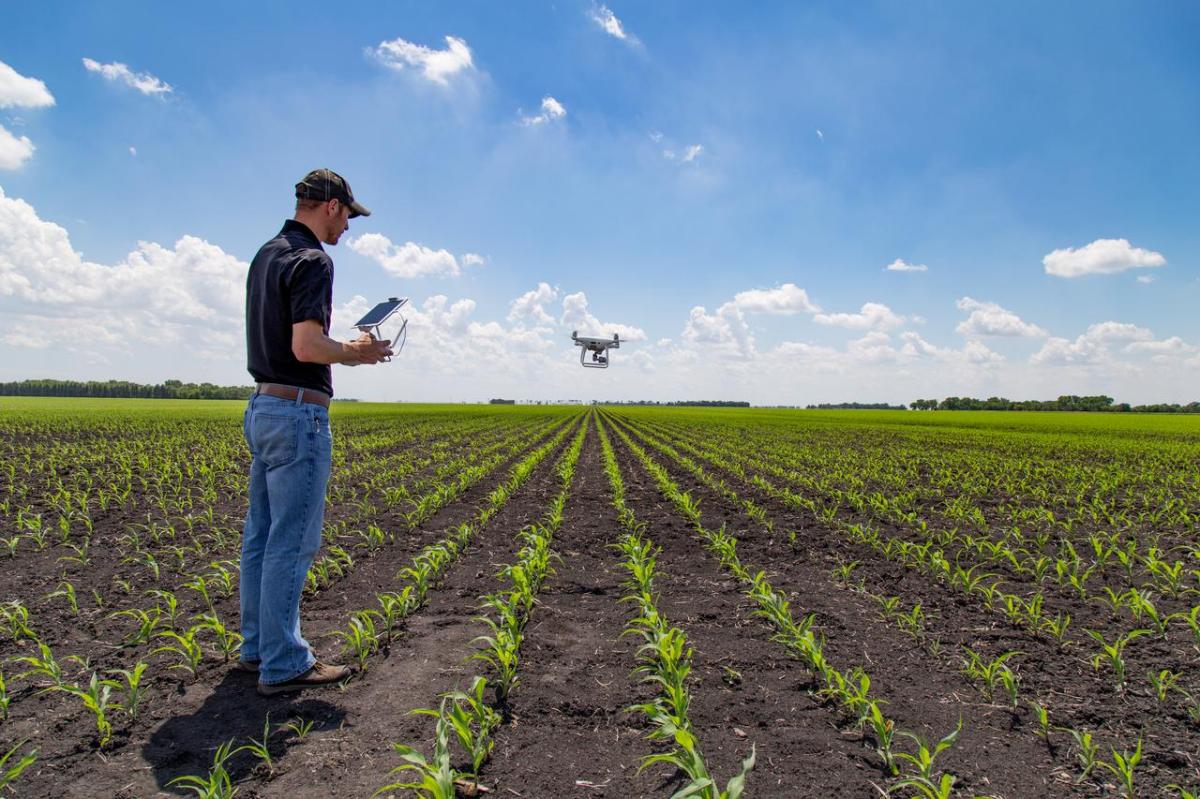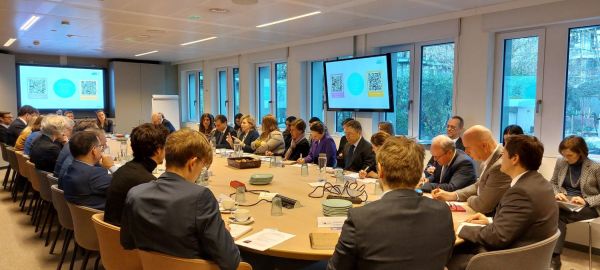The agri-food industry in Spain is undergoing a real technological revolution. The traditional architecture of companies, processes and in general the way of understanding agriculture has been transformed by digitalisation and connectivity.
Recently, the Spanish Association for the Digitisation of Agriculture, Agri-Food, Livestock, Fisheries and Rural Areas, AgroTech Spain, has published a report on the ‘agrotech’ sector, based on more than 70 surveys conducted among companies in the sector, and able to draw a map of the sector in our country formed by more than 750 companies. It is worth noting that the study places us among the world leaders, surpassed only by the USA, with 2,896 companies of this type, and India, with 1,338, and ahead of the United Kingdom and France, with 595 and 254 companies respectively.
What does agrotech mean?
“Agrotech” technologies are new technologies that support and improve digital processes linked to the agricultural, livestock and fisheries sectors. In this sense, the AgroTech Spain association itself defines the companies as businesses with a technological profile that offer services and solutions to digitalise and implement new technologies in livestock, agriculture and fishing, as well as in rural environments.
The agrotech concept applies to all four links in the agri-food chain, i.e. production, processing, marketing and distribution. The companies that develop this type of digital services rely especially on the fourth industrial or technological revolution, and in agricultural digitisation they use technologies such as Big Data, Artificial Intelligence, IoT and other tools such as drones
In addition, the primary sector is evolving towards the digital world, benefiting from applications such as e-commerce and process management, among others.
Advantages of digitising the countryside
The digitisation of agri-food companies has a wide range of advantages. One of these is increased crop productivity and livestock care. Technology can monitor farming processes or animal behaviour, eliminating unnecessary tasks and automating others, such as grazing, which can be controlled by drones.
It also allows for improved resource management, for example by analysing the weak points of a harvest, and improving them with advanced solutions. Thanks to technologies such as Big Data allows the collection of precise data on the plantation, suppliers, pests or fertilisers, or on the health, vaccines, animal feed, favouring the study of data to assess improvements in production processes.
In addition, agrotech aims to promote environmental care through sustainability in the sector, in order to meet the Sustainable Development Goals, SDGs, established by the United Nations, and the fight against climate change. And finally, it saves time and improves the efficiency of processes, as digitisation makes it possible to control actions in real time and obtain a lower cost in terms of time.
Characteristics of the companies in the sector
This is a very young sector with great growth potential. According to data from the association representing the sector in Spain, 60% of digital agribusinesses have been created less than 5 years ago, and 40% are between 5 and 10 years old.
In terms of geography, around 50% of the companies are born in the Mediterranean area. Andalusia leads with 21%, followed by Catalonia with 16% and Madrid with 15%. On the other side are Extremadura, Castilla La Mancha and Navarra, with barely 2% of presence in the industry.
The average turnover of the companies is low, as they are short-lived and most of them are still SMEs. However, the sector is growing rapidly and steadily. Furthermore, far from slowing down this development, the COVID-19 health crisis has generated an 80% increase in turnover compared to 2020. This is because companies in the agri-food sector have found it necessary to introduce digital processes. Meanwhile, the only agrotech companies that have suffered losses have been those whose revenues depend on the HORECA sector (food distribution to the hospitality sector).
Three examples of startups with a Spanish stamp
These Spanish companies stand out for their innovative proposals in the sector:
Agrow Analytics is a platform focused on real-time and predictive monitoring of the water available on plots and its effects on crops. To do so, it uses information from satellites, sensors, and applies data analysis. With it, farmers can optimise resources, plan their use intelligently and make water decisions with comprehensive data.
FoodXain is a company that generates solutions based on Blockchain to guarantee the certification of products, their traceability, as well as any document that proves their quality and properties. It also allows the end user to know the characteristics of the product by accessing their online shop or social networks.
Batura This time their products and services are aimed at the livestock sector. Using IoT, they have developed an App called PAPPSTOR, a tool that helps to monitor the health of each animal, the geopositioning control of livestock, when each animal eats, the state of its health, the legal compliance of veterinary care or the traceability of its life cycle.











